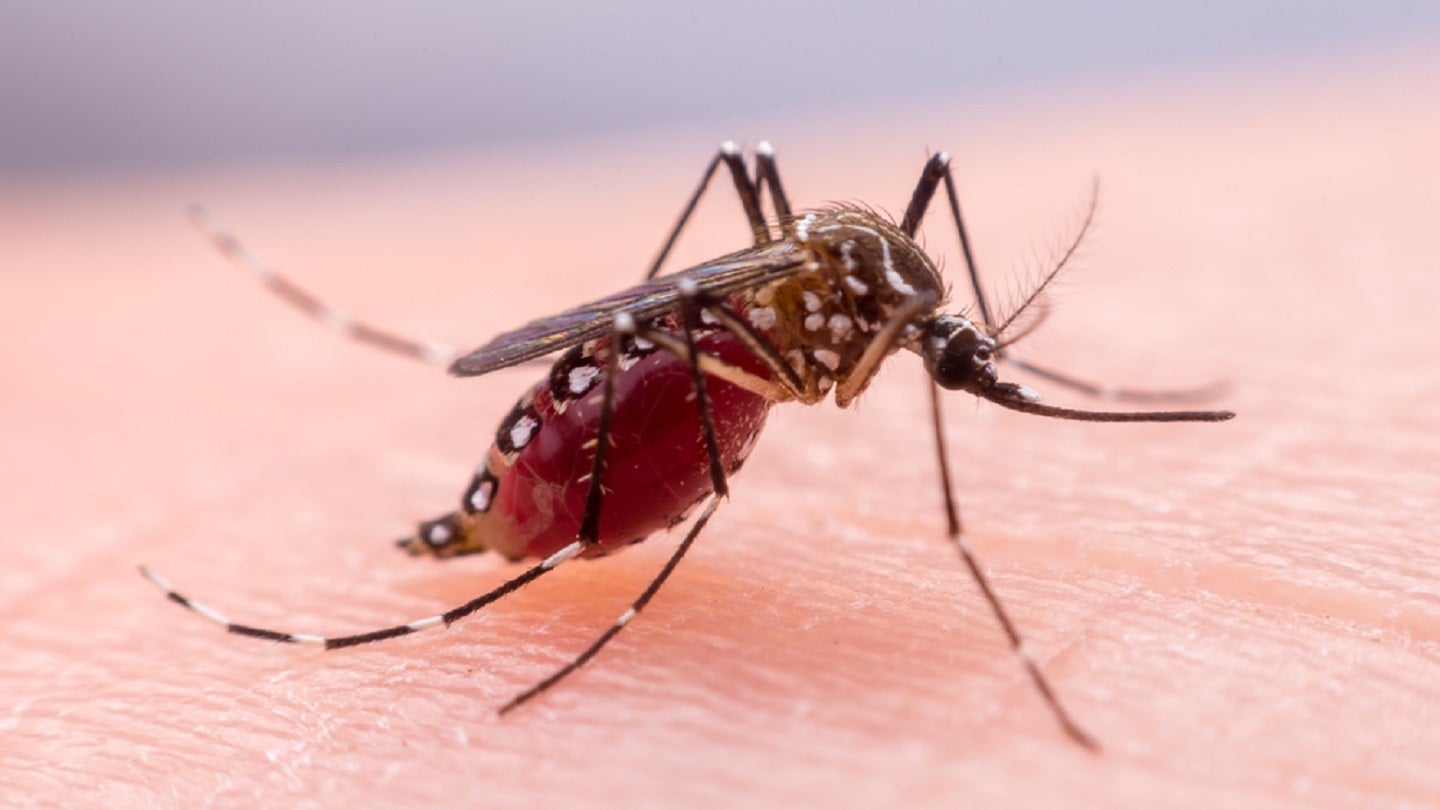
Island Pharmaceuticals has dosed all participants in the first stage of a Phase II trial investigating its dengue fever candidate as both a preventative and therapeutic.
The PROTECT trial (NCT06528457) is separated into two parts – with the preventative benefits of ISLA-101 being investigated in Phase IIa and the therapeutic benefits in Phase IIb.

Discover B2B Marketing That Performs
Combine business intelligence and editorial excellence to reach engaged professionals across 36 leading media platforms.
According to the Australia-based company, the PROTECT study is the first time a potential countermeasure to combat the dengue virus is being investigated as both a preventative and therapeutic measure.
Island CEO Dr David Foster commented: “Dosing the Phase IIa participants in this powerful Phase II PROTECT clinical trial is a pivotal moment for Island. We are weeks away from understanding the potential impact of our drug ISLA-101 on dengue fever.
“As the first company in the world to investigate an agent as both a prophylactic and therapeutic against dengue in a clinical setting with a challenge virus, we are proud to be conducting this innovative trial to find a preventative and/or treatment for this devastating virus, at a time when infection rates are rapidly growing around the globe,” Foster added.
ISLA-101 is a repurposed fenretinide that targets nonstructural Protein 5 (NS5). The oral gel capsule is administered twice daily.

US Tariffs are shifting - will you react or anticipate?
Don’t let policy changes catch you off guard. Stay proactive with real-time data and expert analysis.
By GlobalDataIn the Phase IIa portion of the study, three of the four participants will be dosed with ISLA-101 daily for 21 days. The fourth participant will receive a placebo control. On day four, all participants will receive an attenuated strain of dengue fever.
From the date of infection, trial investigators will monitor subjects’ symptoms for 90 days and assess their viremia curve to estimate the rate of virus clearance.
At Phase IIb randomised, therapeutic part of the trial plans to enrol 10 participants. Participants will be administered an attenuated strain of dengue fever on day one and will begin treatment on day eight, continuing for two weeks. Phase IIb will also include a placebo comparator arm.
Topline data from Phase IIa of the trial is expected by the end of 2024, with Phase IIb due to commence in January 2025.
Dengue fever is a mosquito-borne disease prevalent in Asia, Africa, and the Americas, with the World Health Organization’s (WHO) Americas region reporting 4.5 million cases and 2,300 deaths in 2023 alone.
According to the US Centers for Disease Control and Prevention (CDC), approximately 75% of dengue infections are asymptomatic, and clinical cases range from mild to severe. Recent dengue outbreaks in countries including Bangladesh have been caused by an increased mosquito population that has been attributed to high heat, humidity, and rainfall.
As of 2023, there are two commercially available dengue vaccines, Takeda’s Qdenga (TAK-003) approved in the EU, Indonesia, Thailand, Argentina and Brazil; and Sanofi’s Dengvaxia which is approved in the US, EU and some Asian and Latin American countries.
According to GlobalData, there are 49 dengue fever drugs currently in preclinical development.
GlobalData is the parent company of Clinical Trials Arena.





